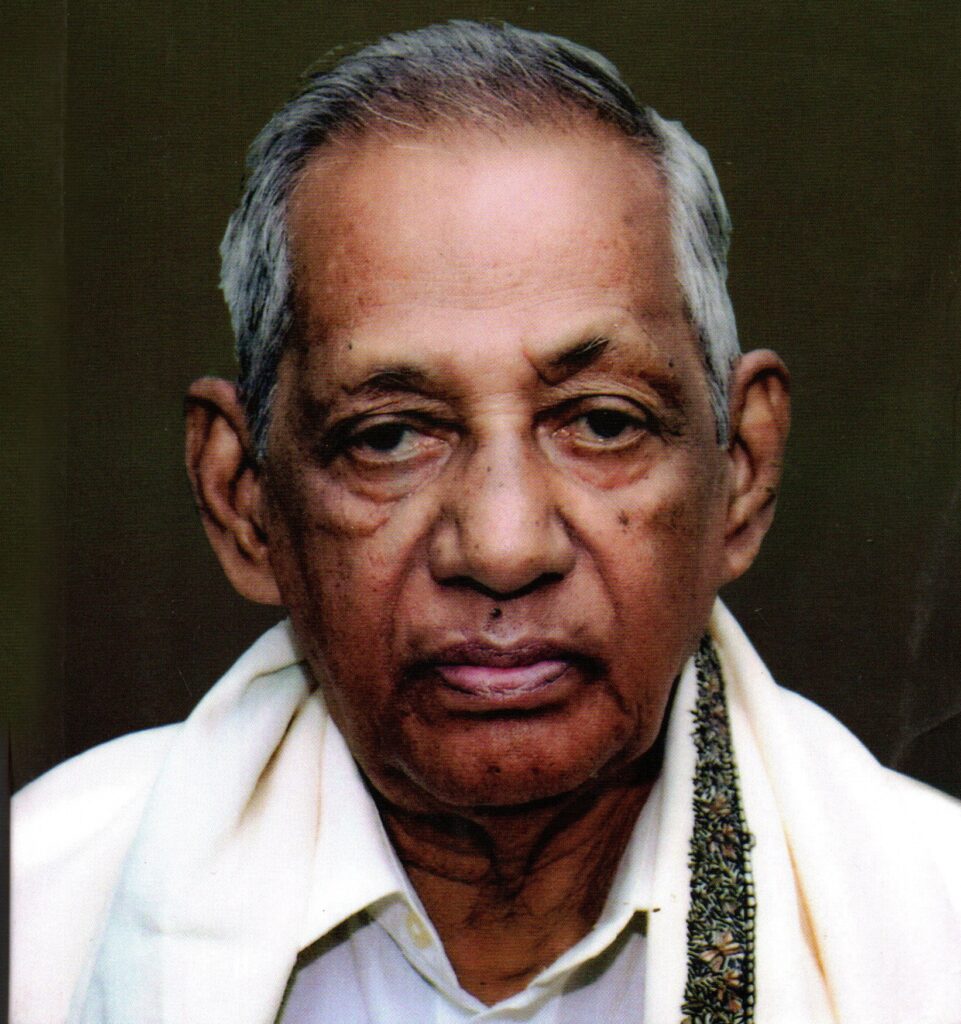Dasharathi Das was a man of simple origins yet remarkable achievements, his lifestyle was a fine blend of tradition, perseverance, and modernity. Born into a humble family in a quaint village nestled in the lush greenery of rural Bengal, Dasharathi’s journey to success was nothing short of awe-inspiring.
In his early years, Dasharathi Das was raised with strong values of hard work, respect for elders, and a deep reverence for education. He grew up in a close-knit community where everyone knew each other, and the bonds of kinship were cherished above all. Despite the scarcity of resources, Dasharathi’s parents ensured that he received a good education, which became the cornerstone of his later accomplishments.
Dasharathi’s mornings often started before the crack of dawn, as he would assist his family with the chores on their small farm. Working in the fields taught him the value of perseverance, patience, and a strong work ethic. These qualities would later define his approach to life and work, propelling him towards success in the face of challenges.
As he grew older, Dasharathi developed a deep love for literature and poetry. He would often spend his evenings under the shade of a banyan tree, lost in the verses of Tagore and the stories of Satyajit Ray. His appreciation for art and culture enriched his soul, providing him with a broader perspective on life and the world around him.
Dasharathi’s career began in a local school, where he worked as a teacher, imparting knowledge to young minds eager to learn. His dedication to his students was palpable, and his passion for education shone through in his every interaction. His teaching style was engaging and innovative, often incorporating games and storytelling to make learning fun and relatable.

You can read our another post on Twin Temple of Gandharadi: A Marvel of Ancient Architecture
Despite his modest income, Dasharathi never hesitated to help those in need. He was known in the village for his generosity and compassion, always ready to lend a helping hand or offer words of wisdom to anyone who sought his guidance. His altruistic nature endeared him to all, earning him the respect and admiration of his community.
As the years passed, Dasharathi’s reputation as an educator of repute spread far and wide. He was offered a prestigious position at a renowned university in the city, a testament to his hard work and commitment to excellence. The transition from rural life to urban academia was not easy, but Dasharathi embraced the challenge with characteristic grace and determination.
In the bustling city, Dasharathi’s lifestyle underwent a subtle transformation. He adapted to the fast-paced rhythm of urban living, yet retained his intrinsic values of simplicity and humility. His small apartment became a sanctuary of peace and contemplation, adorned with books, paintings, and mementos from his village home.
Dasharathi’s days were now filled with lectures, meetings, and endless paperwork, yet he always found time for his true passions – writing and storytelling. His evenings were spent crafting poems and short stories, weaving intricate tales of love, loss, and redemption. His words resonated with readers across the country, earning him a devoted following and critical acclaim.
More: Wanted to visit Odishashop.com here
Despite his professional success, Dasharathi remained grounded and connected to his roots. He visited his village regularly, offering support to the school where he began his career and engaging with the community through cultural events and workshops. His presence was a source of inspiration for the young minds of the village, who saw in him a role model worth emulating.
Dasharathi Das lived a life guided by the principles of integrity, kindness, and a thirst for knowledge. His journey from a simple village boy to a respected scholar and writer was a testament to the power of perseverance and the importance of staying true to one’s roots. His lifestyle embodied a beautiful fusion of tradition and modernity, reflecting the rich tapestry of experiences that shaped his identity.
In conclusion, Dasharathi Das was not just a man of letters but a living embodiment of the values that define a life well-lived. His legacy continues to inspire generations, reminding us all of the transformative power of education, compassion, and the unwavering pursuit of one’s dreams.
FAQ For Dasharathi Das Biogyaphy
Who is Dasharathi Das?
Dasharathi Das (1912-1992) was a renowned Indian author, poet, and social activist, known for his literary contributions in Assamese literature. He is celebrated for his works that often delve into the themes of social consciousness, human emotions, and cultural heritage.
What are some notable works by Dasharathi Das?
: Dasharathi Das is best known for his literary works like “Mon Hira Doi” (My Heart’s Moon and Stars), “Patal Bhairavi” (Queen of the Netherworld), and “Sandhyarag” (Rays of the Evening Sun). These works reflect his deep understanding of human emotions and societal issues.
How did Dasharathi Das contribute to society beyond his writings?
Apart from his literary achievements, Dasharathi Das was actively involved in social causes. He worked towards promoting education, cultural preservation, and social harmony in Assam. He was a voice for the marginalized and believed in the power of literature to bring about positive change.
What influenced Dasharathi Das’s writing style?
Dasharathi Das was inspired by the rich cultural heritage of Assam and often incorporated elements of folklore, mythology, and nature in his works. His writing style is characterized by its depth, emotional resonance, and poetic language that captivates readers.
How is Dasharathi Das remembered today?
Dasharathi Das’s legacy continues to inspire writers, readers, and social activists in Assam and beyond. His works are studied in academic circles, and his contributions to literature and society are celebrated through various cultural events, seminars, and awards in his honor.
